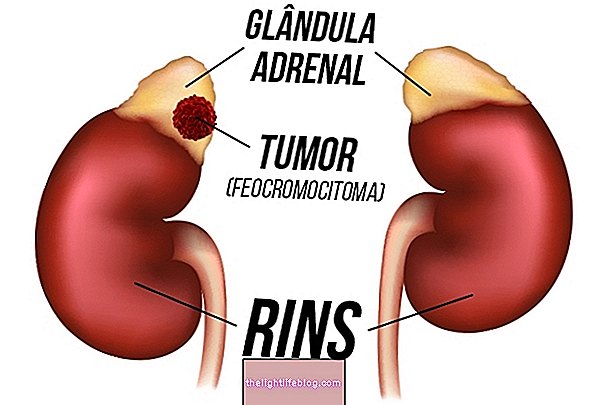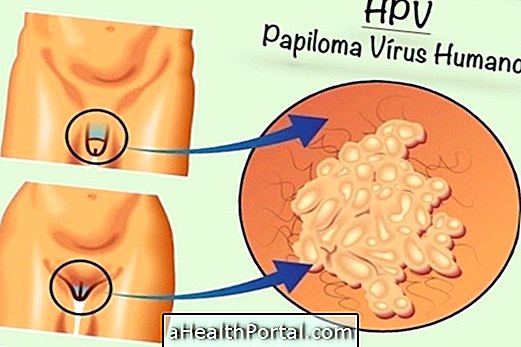The sound of the letter "R" is one of the most difficult to do, and so many children find it difficult to speak words that contain this letter correctly, whether it is in the beginning, middle or end of the word. This difficulty can last for several years, without meaning that there is a problem and so avoid putting too much pressure on the child, creating unnecessary stress that can lead to fear of speaking and eventually creating a speech problem.
However, if after 4 years of age the child still can not speak the "R" it is advisable to consult a speech therapist, because there it is possible that there is some difficulty that is preventing to produce the sound, being very important the help of a specialist of speech.
The difficulty in speaking "R" or "L", for example, is generally known scientifically as dyslalia or phonetic deviation and, therefore, this can be the diagnosis given by the speech therapist or a pediatrician. Read more about dislalia.

What causes difficulty speaking R
The difficulty in speaking the sound of the letter "R" usually occurs when the musculature of the tongue is very weak or there is some alteration in the structures of the mouth, such as tongue stuck, for example. Here's how to identify the prey tongue.
There are two main types of R in speech:
- Strong "R" : which is the easiest to produce and is usually the first to be done by the child. It is made using the throat region and the back of the tongue, and represents the "R" that appears most times in the beginning of the words, such as "King", "Mouse" or "Cork";
- "r" weak or vibrant: it is the "r" most difficult to produce because it involves the use of tongue vibration. For this reason, it is the "r" that children have the most difficulty doing. It is the sound that represents the "r" that usually appears in the middle or end of words, such as "door", "marry" or "play", for example.
These two types of "R" can vary according to the region where you live, since the accent can influence the way you read a certain word. For example, there are places where you read "door" and others where you read "poRta", reading with different sounds.
The most difficult sound to produce is that of the vibrant "r" and usually occurs by weakening the muscles of the tongue. Thus, in order to correctly say this "r" one must do exercises that strengthen this musculature. Already for the sound of the strong "R", it is best to train the sound several times, until it comes out naturally.
Exercises to speak the R correctly
The best way to be able to speak R correctly is to consult a speech therapist to identify the specific cause of the problem and begin treatment with the best exercises for each case. However, some exercises that may help are:
1. Exercises for the vibrant "r"
To train the vibrant "r" or "r" weak, a great exercise is, several times a day, to crack the tongue 10 times in a row, for 4 or 5 next series. However, another exercise that can also help is to keep your mouth open and, without moving your jaw, do the following movements:
- Tongue out as far as possible and then pull back as far as you can. Repeat 10 times;
- Try to touch with the tip of the tongue on the nose and then on the chin and repeat 10 times;
- Place the tongue to one side of the mouth and then to the other, trying to get as far out of the mouth as possible and repeat 10 times.
These exercises help strengthen the muscles of the tongue and, therefore, can make it easier to say the vibrant "r".
2. Exercises for strong "R"
To be able to say the strong "R" with the throat it is best to put a pencil in the mouth and to grind with the teeth. Then you should say the word "err" using the throat and try not to move your lips or tongue. When you can, you can try to say words with a strong "R" such as "King", "Rio", "Cork" or "Mouse" until they are easy to understand, even with the pencil in your mouth.
When to do the exercises
You should start the exercises to speak the "R" correctly as early as possible, right after the age of 4, especially before the child begins to learn the letters. This is because, when the child is able to speak correctly, it will be easier to match the letters he writes with the sounds he produces with his mouth, helping to write better.
When this difficulty to speak the "R" is not treated during childhood can reach adulthood, not improving only with the day-to-day.
These exercises do not exempt the consultation with a speech therapist, being advised to consult this professional when the child can not produce the "R" after the 4 years.























